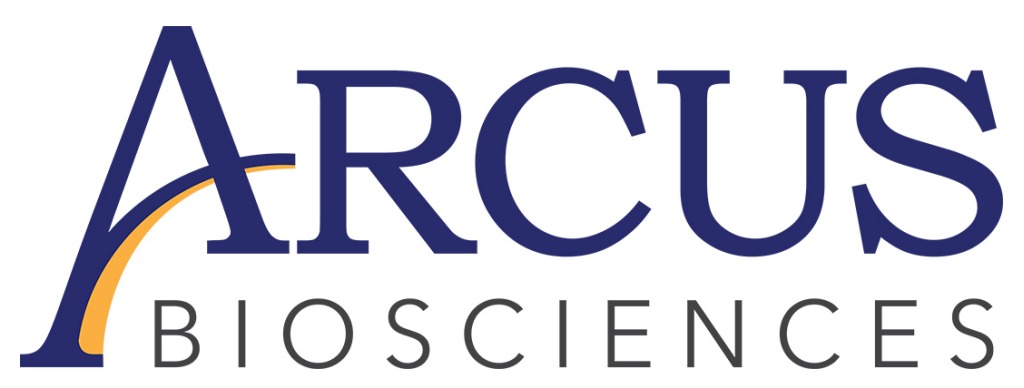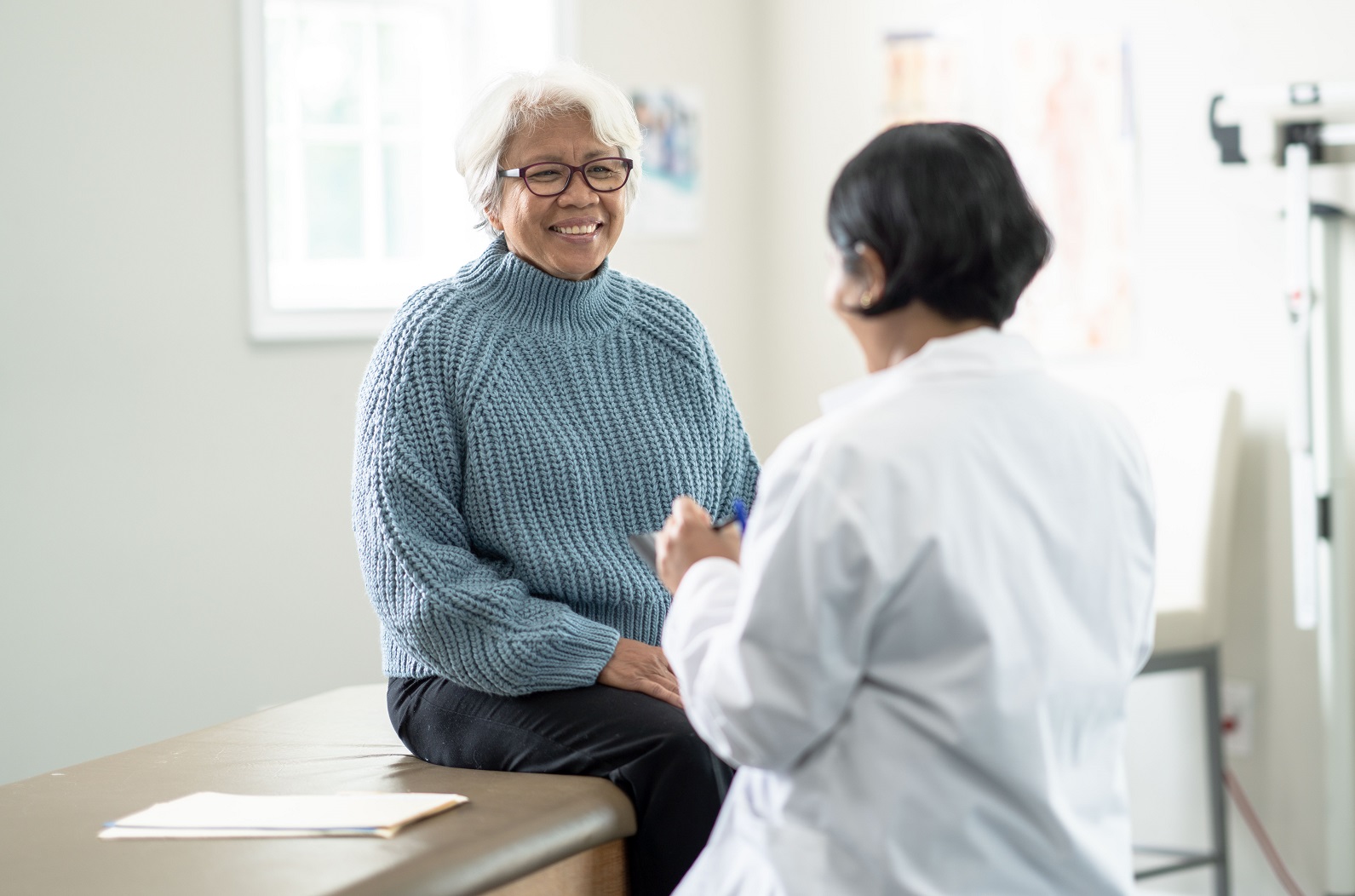Arcus Biosciences Diversity in Clinical Trials
We believe diversity in clinical trials is a core responsibility. Trial diversity allows us to best understand how potential new treatments affect different populations of people who may benefit from them. We are proactively reaching out to diverse groups of trial participants by including both community and academic centers of excellence as study sites.




